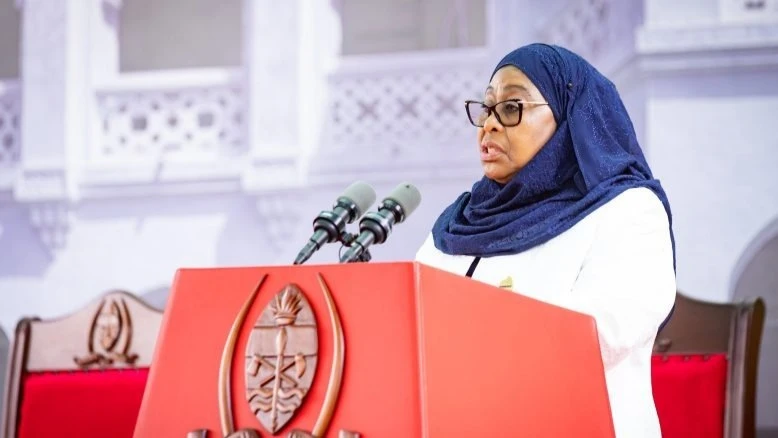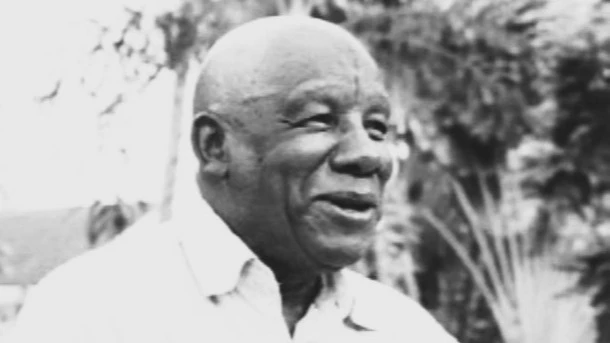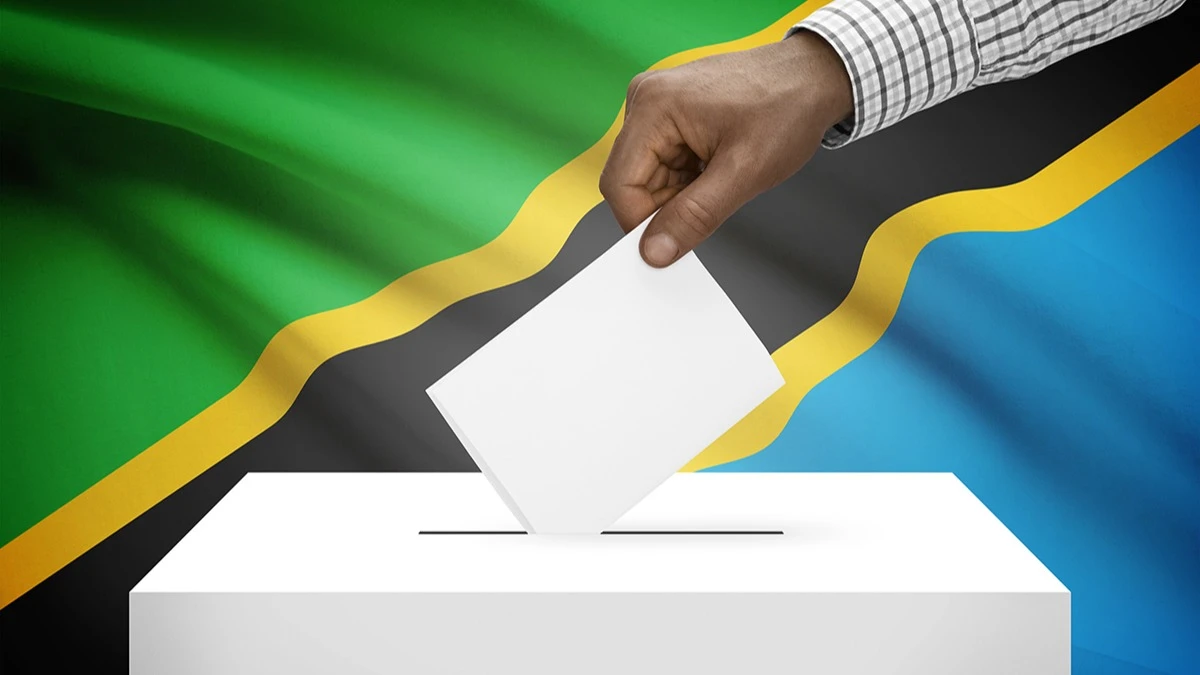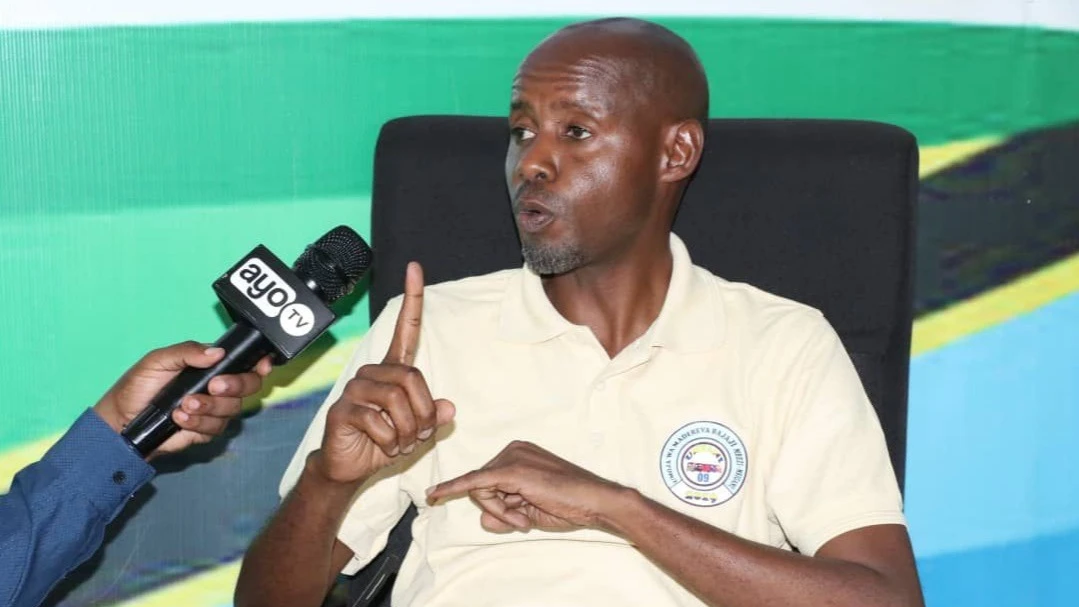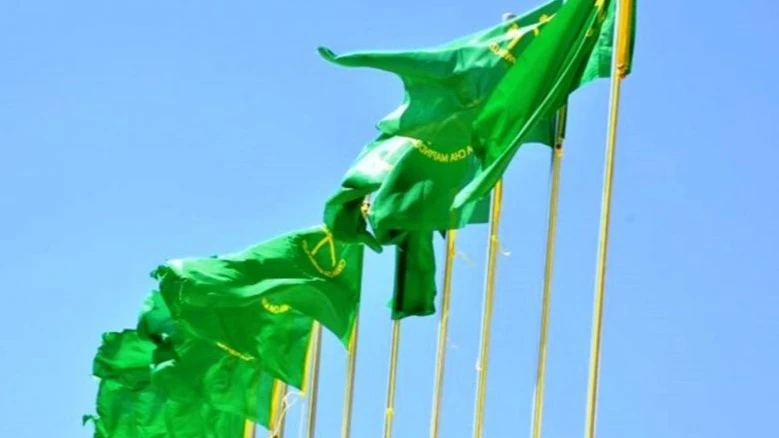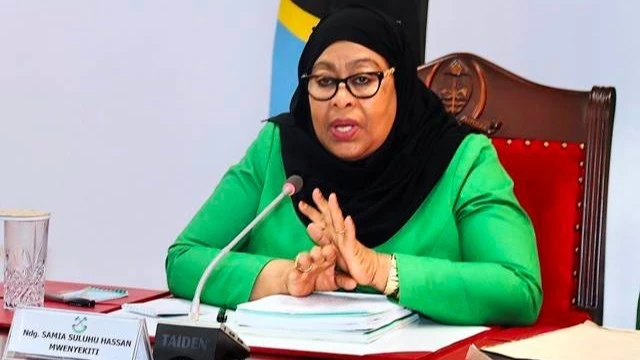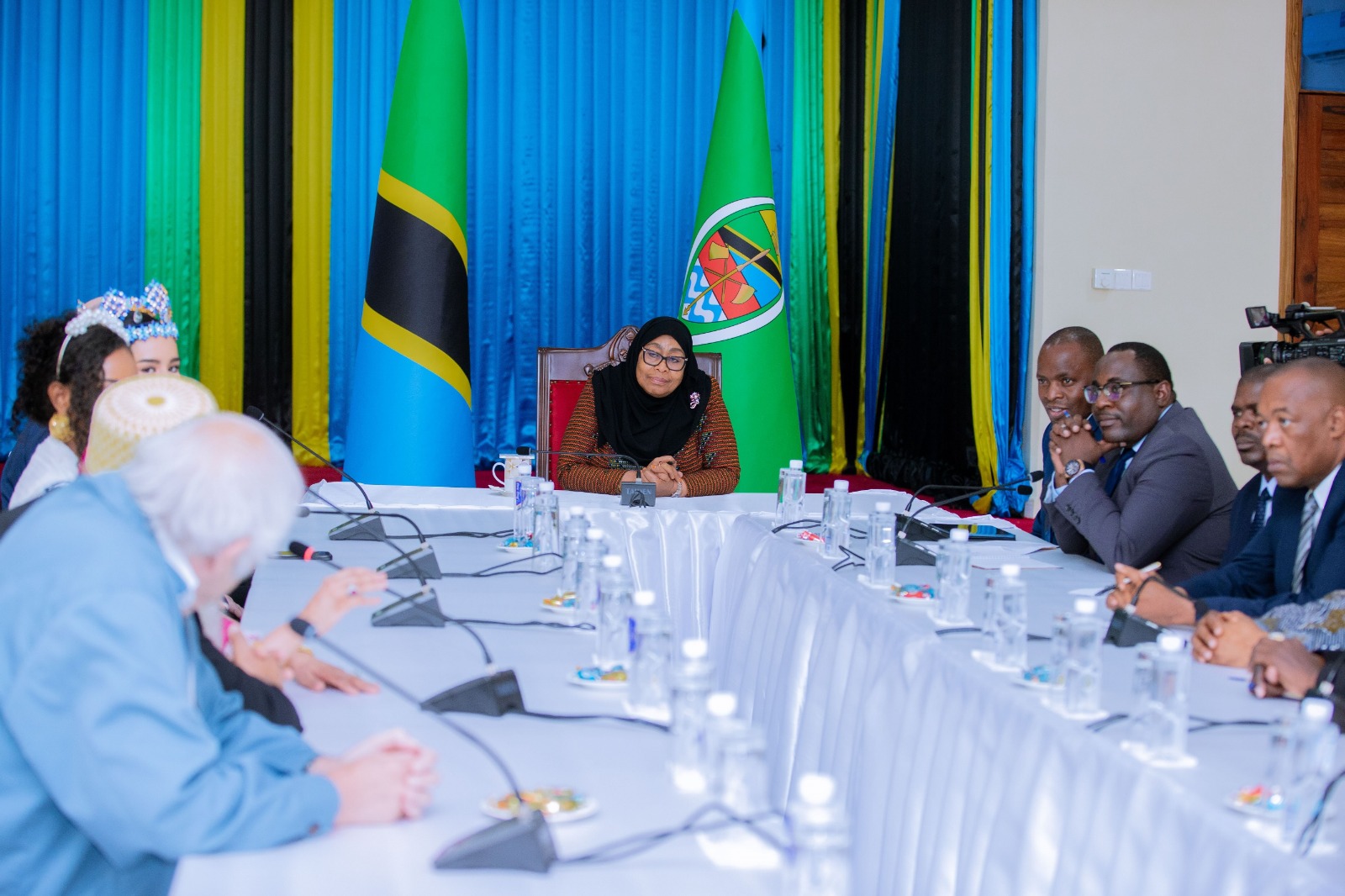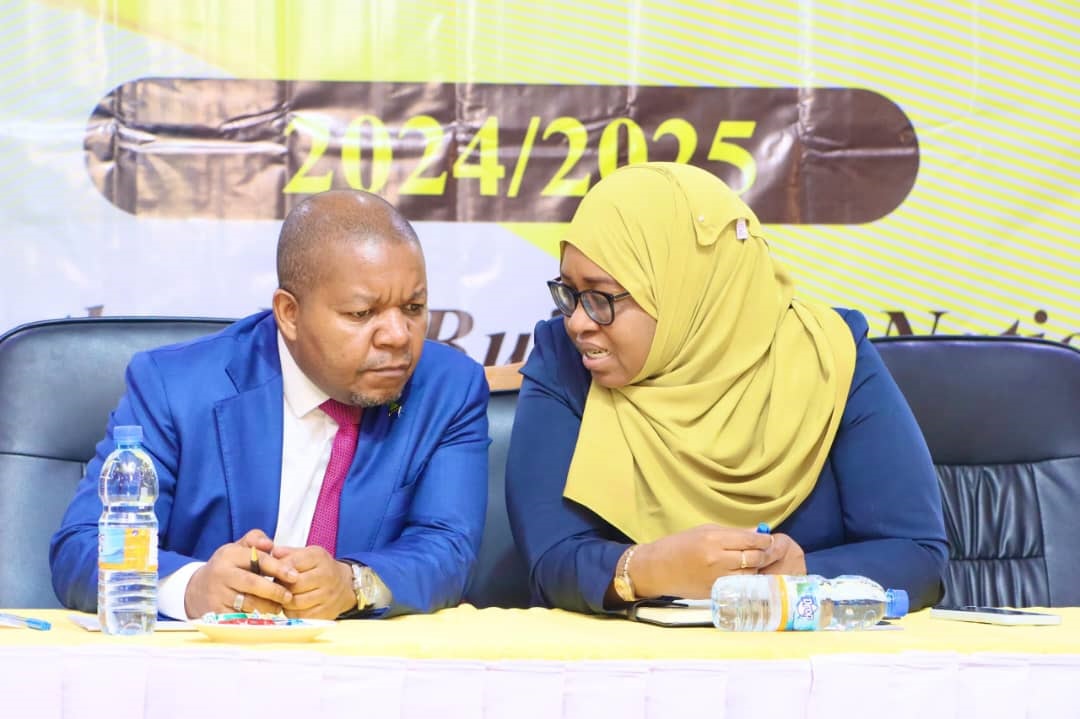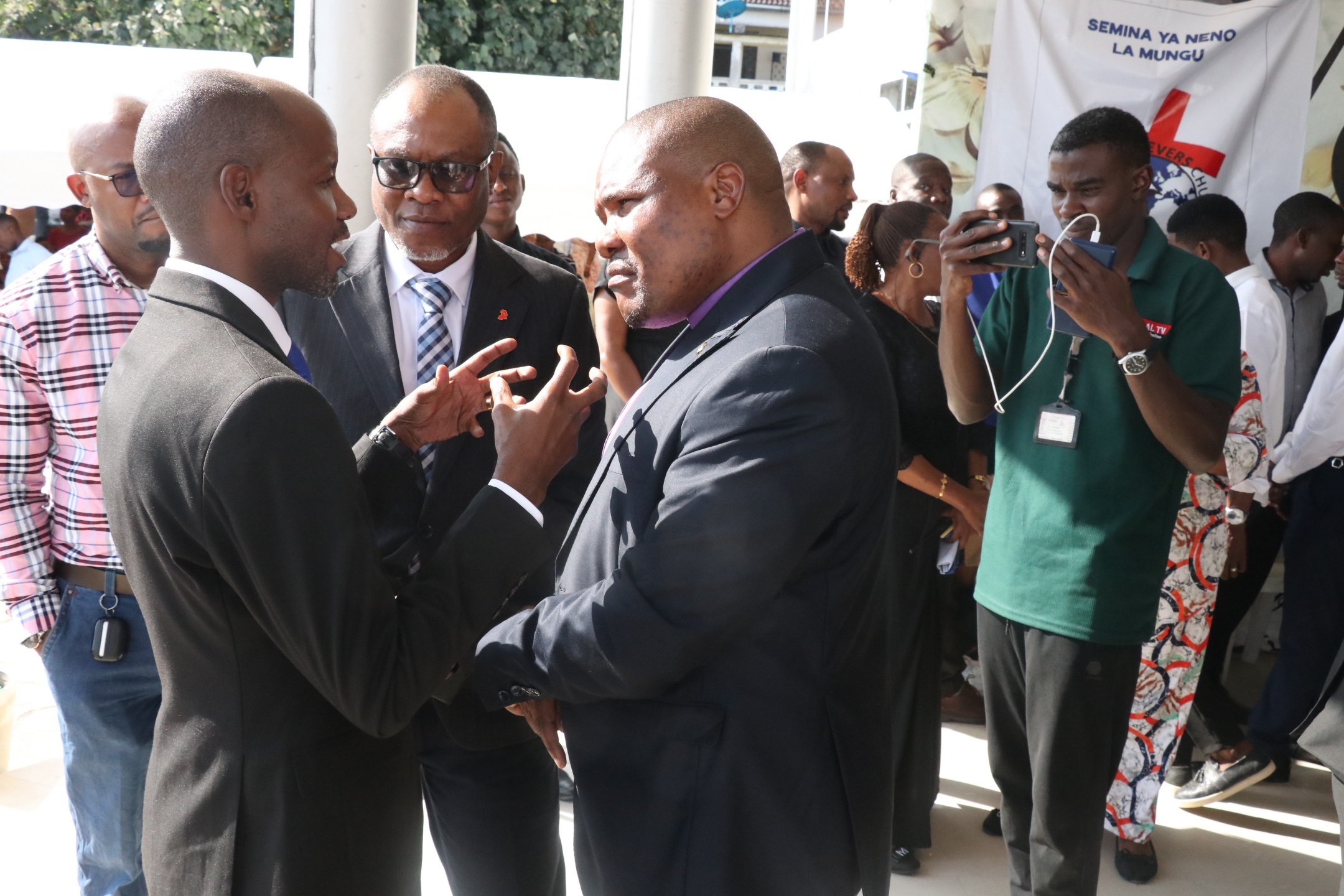How President Samia’s leadership eased transaction charges for Tanzanians
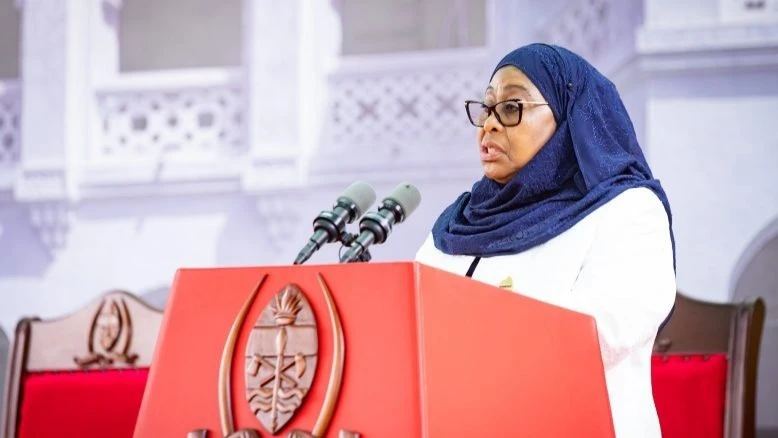
In Tanzania’s modern history, it is rare to witness a leader who combines genuine attentiveness with meaningful action as effectively as President Samia Suluhu Hassan. Since assuming office on March 19, 2021, her leadership over the past four years has placed citizens at the forefront of national policy.
One of her most impactful achievements is the reform of transaction charges on mobile and bank transfers—a change that has significantly improved the livelihoods of small business owners, farmers, and youth.
Alongside this, her administration has overseen the construction of 8,500 communication towers within 48 months and the launch of the National Development Vision 2050, unveiled on July 17, 2025.
Under her leadership, Tanzania has laid a strong foundation for a digital economy that leaves no one behind. This analysis explores how her attentiveness sparked these reforms, their systemic impact, and Tanzania’s evolving role on the global stage.
Transformative Reforms
President Samia has earned a reputation for listening to stakeholders, including citizens, entrepreneurs, and civil society organizations.
In response to public outcry over high transaction charges, the government, in July 2022, reduced or scrapped some digital transaction levies. Finance Minister Dr. Mwigulu Nchemba explained that the changes aimed to eliminate double charges and boost financial inclusion.
Tanzania Trade Union Congress (TUCTA) President, Tumaini Nyamhokya, welcomed the move, saying:
“They listened to us—and it has helped.”
By July 2025, the government had reduced transaction costs to as low as Tsh 5,000, compared to the earlier range of Tsh 4,000 to 12,000. It also launched the Tanzania Instant Payment System (TIPS), enabling real-time secure digital transactions.
Bank of Tanzania Governor Emmanuel Tutuba noted that the reforms have empowered small-scale entrepreneurs and rural farmers.
Mobile money agent Hellen Mosha from Moshi stated:
“I can now transfer money without worrying about heavy deductions, which cuts my business costs.”
Digital Infrastructure Growth
According to Tanzania Communications Regulatory Authority (TCRA), the country constructed 8,500 communication towers over four years—raising the total to 9,278 by 2025, up from just 754 in 2020.
These towers have opened up rural areas to mobile connectivity, facilitating online business and digital payments.
Now, farmers can access market information and pay suppliers via mobile, while small traders have expanded their operations.
University of Dodoma lecturer, Dr. Mwinuka Lutengano, said:
“The new towers have extended digital services nationwide, while reduced transaction costs have increased their use.”
He added that these efforts reflect how President Samia blends infrastructure investment with policy reform.
Vision 2050
The launch of Tanzania’s Vision 2050 in Dodoma on July 17, 2025, marked a historic milestone. The vision was shaped by 1.17 million stakeholders—mostly youth—who contributed via SMS and online platforms.
Planning and Investment Minister, Prof. Kitila Mkumbo, said the Vision targets a high-income economy by 2050, with a projected GDP of USD 1 trillion.
The vision emphasizes technology, democracy, and environmental sustainability, aiming for 80% of government services to be digitized.
Reforms in transaction charges and communication infrastructure support these goals by boosting financial inclusion and digital literacy.
Vision 2050 also aligns with the Sustainable Development Goals (SDGs)—especially SDG 9 on industry, innovation, and infrastructure—and the African Union’s Agenda 2063. These reforms place Tanzania on track to benefit from the African Continental Free Trade Area (AfCFTA), enhancing its digital trade competitiveness.
2025 Reforms in Focus
In July 2025, the government again reduced transaction fees to Tsh 5,000 and launched TIPS, boosting public trust in digital services.
Dr. Lutengano noted that these moves would encourage digital adoption, while Prof. Abel Kinyondo added that returning more money to the public fuels economic activity.
The Parliament’s Budget Committee, through Twaha Mpembenwe, called for reforms to the National Payment Systems Act, and MP Josephat Kandege urged further reduction of fees to curb tax evasion.
Prime Minister Kassim Majaliwa praised the Tanzania Revenue Authority (TRA) for collecting Tsh 32.26 trillion—exceeding the target of Tsh 31.05 trillion.
President Samia ordered cuts in unnecessary spending, such as seminars, to offset the 2022 budget deficit of Tsh 500 billion.
Before the Reforms
Before 2022, high transaction fees hampered financial inclusion. A 2022 Bank of Tanzania report and TCRA data revealed a drop in mobile transactions—from 117 million in 2019 to 100 million in 2023—due to excessive charges.
Prof. Abel Kinyondo, a development economist at the University of Dar es Salaam, linked the slowdown to transaction levies, as well as global shocks like COVID-19 and the war in Ukraine.
Residents like Alicia Rugemalila from Mwanza said many returned to using cash.
A 2022 Twaweza report showed that 70% of Dar es Salaam residents reduced their mobile phone usage due to costs, leading to a loss of Tsh 1.25 trillion in government revenue.
Systemic Impact
These reforms have changed financial behavior across Tanzania. The number of mobile and bank transaction accounts rose by 17% between 2023 and 2024, indicating increased financial responsibility.
Small traders now pay suppliers digitally, and farmers buy seeds via mobile. TIPS has also reduced cybercrime by increasing transaction security.
However, challenges remain. Dr. Lawi Yohana from the Open University of Tanzania noted that cash withdrawal fees are still burdensome.
LHRC Executive Director Anna Henga warned that the reforms mostly benefit bank users over mobile users.
MP Juma Hamad Omary urged pension reform to adjust retirees' benefits to inflation levels.
Tanzania in the Global Context
Across East Africa and the Global South, mobile transaction fees remain contentious. In Uganda, a controversial 2018 levy sparked debate and was only significantly revised in 2025.
In Kenya, raising VAT on digital services led to higher costs and reduced uptake.
Tanzania, by contrast, managed to lower transaction charges without hurting government revenue—setting a model for other nations.
“These measures show a government that listens to its people while maintaining financial stability. They align with AfCFTA goals for stronger digital trade in Africa,” one analyst noted.
Changed Lives
These reforms have touched the lives of ordinary Tanzanians. Consolatha Costatine, a 22-year-old student in Morogoro, said:
“I now pay my tuition via mobile without heavy charges—saving money for books.”
Geita-based businessman Ikorongo Oto shared:
“The lower costs have helped me pay suppliers on time, and better connectivity has opened new markets.”
Such testimonies show how policy changes are fueling both personal and societal transformation.
Top Headlines
© 2025 IPPMEDIA.COM. ALL RIGHTS RESERVED











